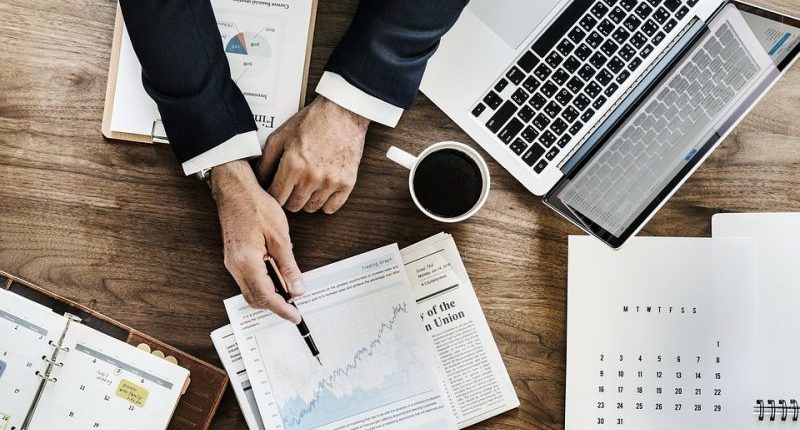In one of the biggest challenges of recent times, several authorities in India are joining hands to prevent any further spread of coronavirus. The Central Board of Indirect Taxes and Customs (CBIC) has also been contributing through rigid social distancing measures at its offices, airports and customs ports.
On the 27th of April 2020, the CBIC issued guidelines under the customs law for conducting all the personal hearings via Video Conferencing (VC) mode. The guidelines also extend to hearings under the central excise and service tax law.
In its three-page instruction, F. No. 390/Misc/3/2019 dated the 27th of April 2020, CBIC directed the respective authorities to follow social distancing norms for new and pending quasi-judicial proceedings. The authorities include Commissioner (Appeals), compounding authorities and original adjudicating authorities.
The Taxation And Other Laws (Relaxation Of Certain Provisions) Ordinance, 2020 passed on the 31st of March 2020 had provided a timeline extension for completing any compliance under the central excise and customs law. The taxpayers and the officers have time up to the 30th of June 2020 to address compliance due between the 20th of March and the 29th of June 2020.
These compliances include the conduct of proceedings, issue of an order, notice, intimation, sanction or approval by the authorities. Additionally, the time to reply to a notice, appeal before any authority, file any returns/forms/refunds, or attend proceedings by any taxpayer are also extended.
Also Read: CBIC Provides Customs Relief Measures Amid COVID-19 Pandemic
The CBIC issued the guidelines for VC mode of hearings to ensure quicker delivery of justice. These guidelines do not have any time limits defined. Hence, we may consider it to be applicable for an infinite period.
The primary benefits highlighted are a reduction in the physical presence of the participants, and the use of modern information and communication technology at one’s disposal.
It also encourages taxpayers and officers to shift from the conventional mode of working. Several communities will be at a vantage including the importers, exporters, passengers, advocates, tax practitioners and professionals, and other authorised representatives. They can conveniently communicate with each other and the authorities from any convenient place.
The guidelines issued by the CBIC for such virtual meetings is as follows:
- The appellant/respondent must give consent for holding a VC hearing at the time of applying for an appeal or immediately after the issue of this instruction in pending cases, by mentioning his email address.
- The date, time, link of the VC hearing will be informed to the appellant/respondent, his representative, commissioner for revenue via email. The link must not be shared with anyone else without prior permission from the authority.
- The authorised representative of the appellant/respondent must file vakalatnama/authorisation letter, scanned copy of photo ID and contact details with authority at a prior date via email. Every participant in the VC hearing must be appropriately dressed.
- The adjudicating/appellate authority can hold VC hearing from only his office or official VC facility set up in the office.
- A secured computer network or applications like VIDYO can only be used for VC hearing by all the participants.
- Any submission made by the appellant/respondent or his representative during the VC hearing will be recorded within a day in a written statement known as “Record of Personal Hearing”, scanned as PDF and mailed to all the participants.
- Within three days of receiving the mail, the appellant/representative may modify the “Record of Personal Hearing”, sign it and respond via email. Otherwise, it is considered as deemed acceptance of the record sent earlier, and no modifications will be entertained.
- “Record of Personal Hearing” is a document under the customs law. The appellant or his representative is allowed to send the self-attested scanned copy of any other documents via email within the three days of VC hearing.
- Any official of the department can also participate in the VC hearing, but with prior intimation.
Off late, the government is adopting modern technologies for compliance in the indirect tax system. With this move, CBIC is using current information and communication technology to create virtual customs working environment.
For any clarifications/feedback on the topic, please contact the writer at annapoorna.m@cleartax.in
Annapoorna, popularly known as Anna, is an aspiring Chartered Accountant with a flair for GST. She spends most of her day Singing hymns to the tune of jee-es-tee! Well, not most of her day, just now and then.





